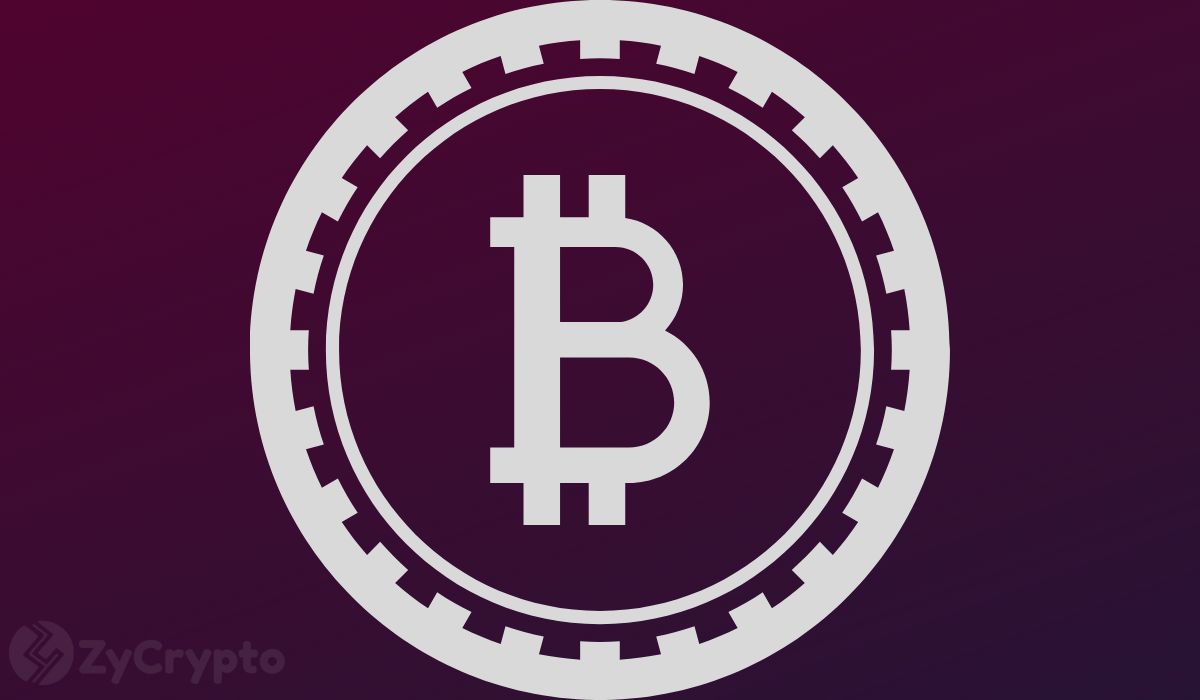ARTICLE AD BOX

The approval of spot Bitcoin ETFs by the U.S. Securities and Exchange Commission (SEC) has not convinced European Central Bank (ECB) officials that the flagship cryptocurrency is a good investment.
The bank’s executives suggested that Bitcoin has failed to become a global decentralized crypto and is instead plagued by fraud and price manipulation.
BTC ETF Approvals Compared To ‘Naked Emperor’s New Clothes’
The European Central Bank is still not a fan of Bitcoin, despite the recently approved spot Bitcoin exchange-traded funds (ETFs) boosting the institutional legitimacy of the broader crypto industry.
In a February 22 blog post, ECB Director General for Market Infrastructure and Payments Ulrich Bindseil and Advisor Jürgen Schaaf described the U.S. SEC’s greenlighting of spot Bitcoin ETFs as “the naked emperor’s new clothes.”
According to the officials, the landmark approval of 11 ETFs and the billions of dollars that have flowed into the market doesn’t alter the fact that “Bitcoin is not suitable as a means of payment or as an investment.”
“For disciples, the formal approval confirms that Bitcoin investments are safe, and the preceding rally is proof of an unstoppable triumph. We disagree with both claims and reiterate that the fair value of Bitcoin is still zero,” the central bankers postulated.
Apart from stating Bitcoin’s oft-cited shortcomings, such as high volatility, cost, slow transactions, and high energy consumption in the mining process, the ECB executives cited three drivers of the latest bull rally.
“The ongoing manipulation of the ‘price’ in an unregulated market without oversight and without fair value, the growing demand for the ‘currency of crime,’ and shortcomings in the authorities’ judgments and measures” will buoy the price in the short term, but “there is no fair value from which serious forecasts can be derived,” Bindseil and Jürgen explained.
According to them, Bitcoin is also unsuitable as an investment, as it doesn’t generate any cash flow or dividends, cannot be used productively like commodities and offers no social benefit or subjective appreciation based on outstanding abilities.
“Less financially knowledgeable retail investors are attracted by the fear of missing out, leading them to potentially lose their money,” the bankers added.
“Dead Cat Bouncing”
ECB’s latest criticism of Bitcoin follows its November 2022 report, noting that the benchmark cryptocurrency was on its “last gasp before the road to irrelevance” — comments that preceded a bear market bottom after the implosion of Sam Bankman-Fried’s digital asset exchange FTX.
At this time, the central bank officials claimed that the belief Bitcoin would continue soaring was wrong. But, Bitcoin would ultimately bottom out at around $16,200 in late November 2022, just a week after the post, and has since skyrocketed by over 200% to $51,670 at press time, according to CoinGecko data.
Answering their own question “Why is this dead cat bouncing so high,” the ECB executives indicated that the January spot ETF approvals, Bitcoin’s impending halving event, and the hopes of an about-face in Federal Reserve’s interest rate policy were responsible for the bullish price action.
.png)
 8 months ago
6
8 months ago
6








 English (US)
English (US)